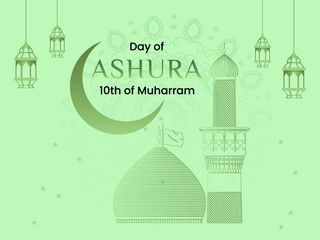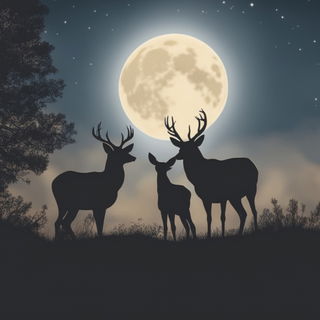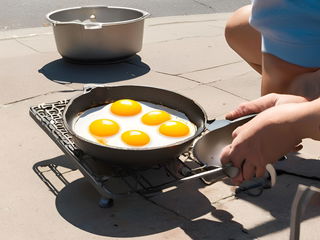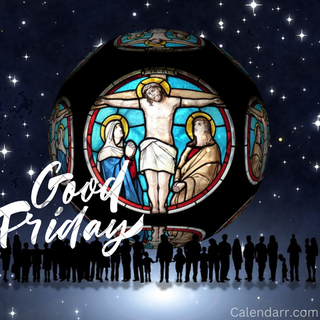Judaism observes many holidays throughout the year. Some of the important ones include Shabbat, Rosh Hashanah, Yom Kippur, Sukkot, Hanukkah, Purim, Simchat Torah, and Passover. Each one of these has its own importance and customs.
All these holidays are observed according to the Hebrew lunar calendar. Thus, the dates differ every year in the Gregorian calendar.
Jewish Holidays Date 2025
| Holiday | Date | Day |
|---|---|---|
| Tu B'shevat | February 12-13 | Wednesday- Thursday |
| Purim | March 13- 14 | Thursday- Friday |
| Passover | April 12- 20 | Saturday- Sunday |
| Yom HaShoah | April 23- 24 | Wednesday- Thursday |
| Yom Hazikaron | April 29- 30 | Tuesday- Wednesday |
| Yom Ha'aatzmaut | April 30- May 1 | Wednesday- Thursday |
| Yom Yerushalayim | May 25- 26 | Sunday to Monday |
| Shavuot | June 1- 3 | Sunday- Tuesday |
| Tisha B'av | August 2- 3 | Saturday- Sunday |
| Rosh Hashanah | September 22- 24 | Monday- Wednesday |
| Yom Kippur | October 1- 2 | Wednesday- Thursday |
| Sukkot | October 6- 13 | Monday- Monday |
| Shemini Atzeret | October 13- 15 | Monday- Wednesday |
| Hanukkah | December 14- 22 | Sunday- Monday |
Shabbat
Shabbat is observed every week from Friday evening to Saturday night. This duration is considered the holiest time of the week. It is the time of rest when Jewish people put aside all the difficulties and worries of their everyday life and focus on bonding with their family and community in peace.
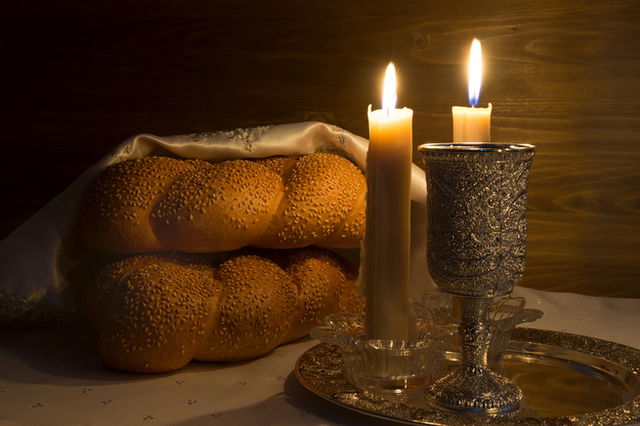
During this period, Jewish people are not supposed to do any work or conduct daily business, This includes driving, cooking, writing, using electronic devices, and so on. You might like to read more about Shabbat, its history, rules and traditions.
Rosh Hashanah
This is the Jewish New Year in the Hebrew calendar. It is celebrated on the first and second day of Tishrei month, which usually falls around September-October in the Gregorian Calendar. It will begin on Monday, September 22, and end on Wednesday, September 24 in 2025.
It is the time to introspect and reflect on your past doings and pray for forgiveness for your past misdeeds. This is important in order to have a good and clean year ahead.
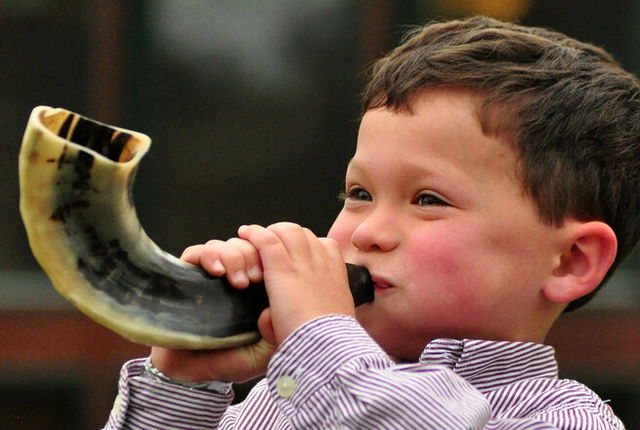
Rosh Hashanah is the first day of the High Holy Days (a ten-day period of reflection and repentance). On this day people usually eat apples dipped in honey, pomegranates, and a special bread called Challah. You can read more about Rosh Hashanah here.
Yom Kippur
Yom Kippur is celebrated ten days after Rosh Hashanah or the tenth day of Tishrei month. It will begin on Wednesday October 1, and end on Thursday, October 2 in 2025. It is considered the Holiest Day of the year and is also known as the 'Day of Atonement'.
On this day, Jews repent and pray for forgiveness for all their sins in order to reconcile with God as well as with other people. They avoid all kinds of food and drinks including water on this day. Activities such as bathing, wearing leather shoes, washing, or sexual activities are prohibited. Learn more about Yom Kippur: History, Significance and Celebration.
Sukkot
Sukkot is a week-long agricultural celebration that begins on the 15th day of Tishrei or five days after Yom Kippur. It will begin on Monday October 6, and end on Monday, October 13 in 2025.
It commemorates the period of forty years when Israelites were traveling in the desert and lived in temporary dwellings after their departure from Egypt.
During this period, Jews build sukkahs and live inside them. Sukkah is a temporary hut made of branches, leaves, and other organic materials. People also host gatherings to eat together in the hut during this time.
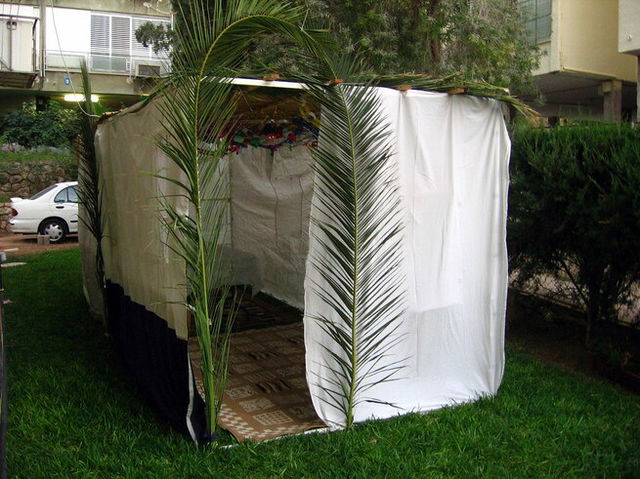
These huts are basically a reminder of the temporary dwellings used by Israelites during their journey after escaping slavery in Egypt. It is also known as the 'Feast of Tabernacles' (tabernacle refers to a type of portable tent that was used for the worship of Yahweh, the God of Israel). Learn more about Sukkot.
Simchat Torah
Simchat Torah is observed on the 22nd or 23rd day of Tishrei month after Sukkot ends. It will begin on Wednesday Evening, October 16, and end on Wednesday, October 23 in 2024. The term Simchat Torah means 'Rejoicing of the Torah.'
It is celebrated when the annual cycle of Torah readings is completed and a new cycle is about to begin. Jewish People celebrate this day by dancing and singing with Torah scrolls around the synagogue (Jewish place of worship).
Hanukkah
Hanukkah is celebrated on the 25th day of the month of Kislev which usually falls during December in the Gregorian calendar. It will be celebrated from the Tuesday, October 14 to Wednesday, October 15 in 2025.
During the 2nd century BCE, Jews were under the Seleucid Empire. They damaged the Holy Temple in Jerusalem which led to the Maccabean Revolt. Led by Maccabees, a group of Jews revolted, fought, and captured the Temple back.
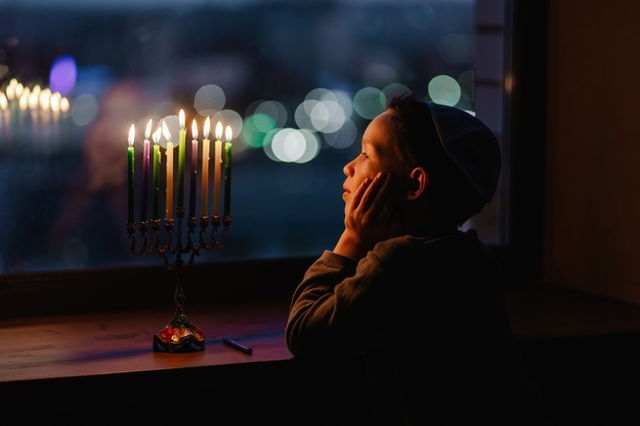
It is also said that after their victory, the menorah (a seven-branched candelabrum) which had just enough oil for a day kept burning for eight days straight. Thus, Jews celebrate this day by lighting the menorah and eating food items cooked in oil.
Learn more about Hanukkah, its meaning and celebration.
Purim
Purim is celebrated on the 14th day of Adar month which usually falls in February or March in the Gregorian calendar. It will begin on Thursday, March 13 and end on Friday, March 14 in 2025.
It celebrates the survival of many Jews in the fifth century BCE who were supposed to be executed by the Persian rulers.
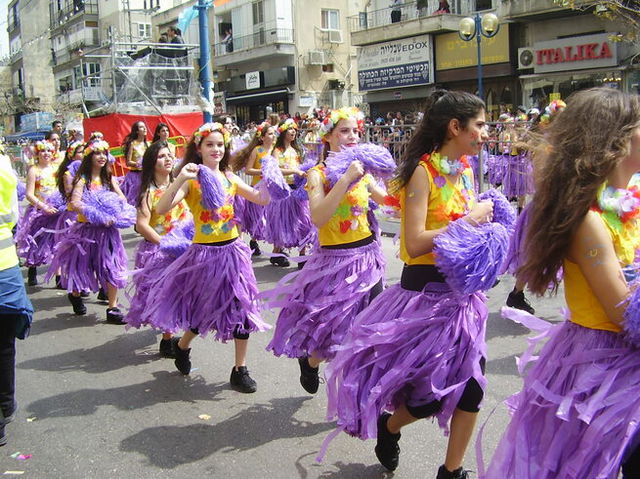
The story has been narrated in the Book of Esther (Hebrew Bible). Thus, people celebrate this day by reading the Biblical book, wearing different costumes, and giving food items to family and close ones.
Passover
Passover is a Jewish celebration that takes place on the 15th day of the month of Nisan. Thus, it takes place in the springtime and usually lasts for about eight days. It will begin on Saturday, April 12 to Sunday, April 20 in 2025.
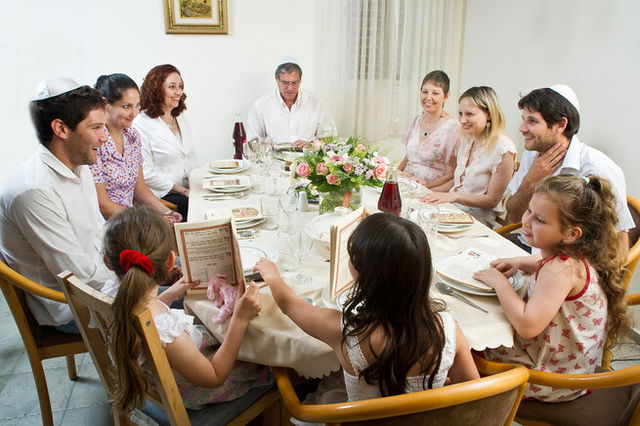
Passover celebrates the freedom of Israelites from slavery in Egypt. On the first two nights of the celebration, people have a meal called Seder. During Seder, Jews recall the story of their freedom and eat, rejoice, and pray.
Passover is also known as the 'Feast of Matzah' because Matzah (unleavened bread) is a symbolic food among the Jews. Learn more about it: Passover.
You might like to read about The Jewish Calendar.
